Nov 12, 2024 07:00pm – Nov 15, 2024 03:00pm
Delta Hotels Grand Okanagan Resort
1310 Water St, Kelowna, BC V1Y 9P3
The Indigenous Caucus of the Indigenous Advisory and Monitoring Committee for the Trans Mountain Expansion Project and existing pipeline (IAMC-TMX) will be hosting its seventh annual Line Wide Gathering in-person on November 12-15, 2024.
As the Trans Mountain pipeline enters the post construction phase, we find ourselves at a point of transition. We invite you to join us at the 2024 Line Wide Gathering to help us envision how the Indigenous Advisory and Monitoring Committee (IAMC) can best be of service to you going forward.
Costs for accommodation and travel for up to two community representatives from each Nation will be covered by the IAMC-TMX. If you would like to bring more than two representatives, please get in touch with info@iamc-tmx.com to be added to the waitlist. We want to ensure there is room for all communities to be able to attend.













